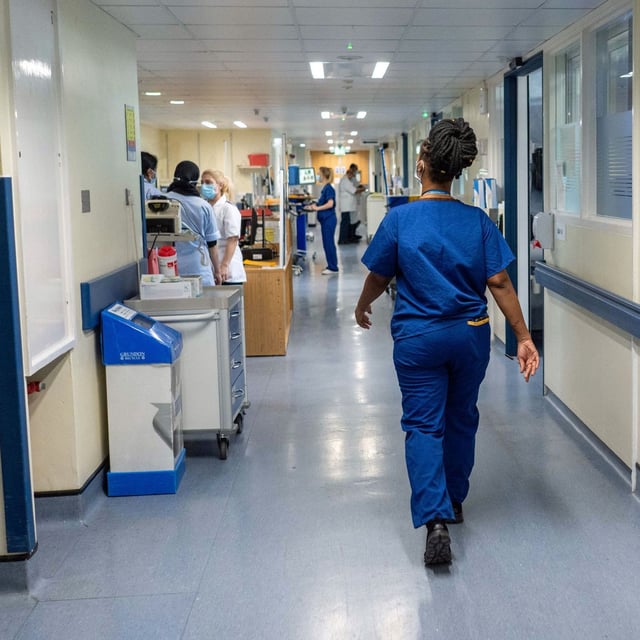Overview
- MRI scans of healthcare workers revealed a 19% increase in left caudal middle frontal gyrus volume in those working 52+ hours per week.
- Changes were also observed in 17 brain regions, including areas involved in attention, decision-making, and emotional processing.
- Researchers emphasize these findings are preliminary and do not establish whether overwork causes brain changes or reflects a predisposition.
- The study highlights the need for workplace policies addressing excessive hours, citing overwork's known links to health risks and 800,000 annual deaths globally.
- Younger, less experienced, and more educated individuals were disproportionately represented among those working long hours.



